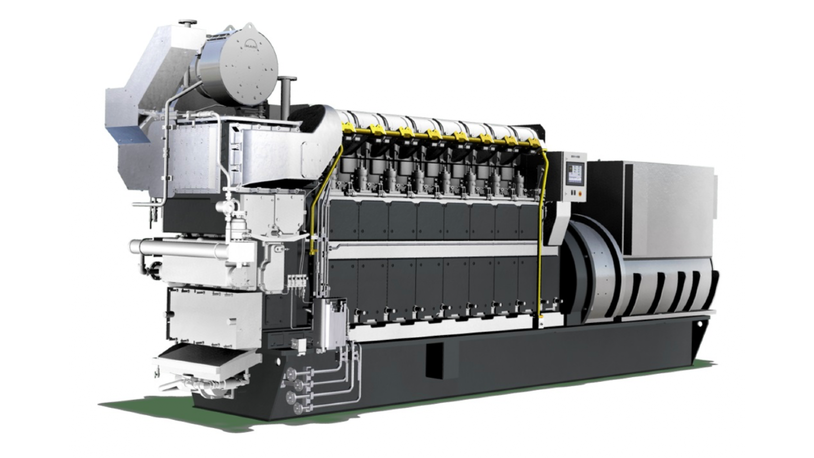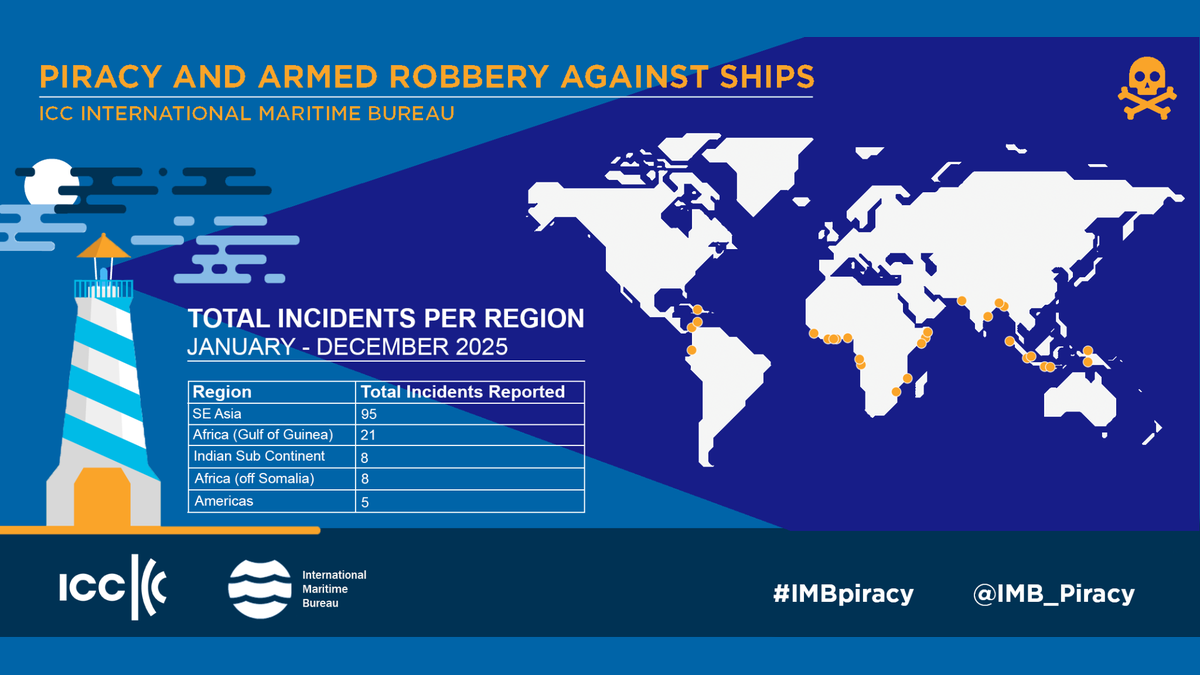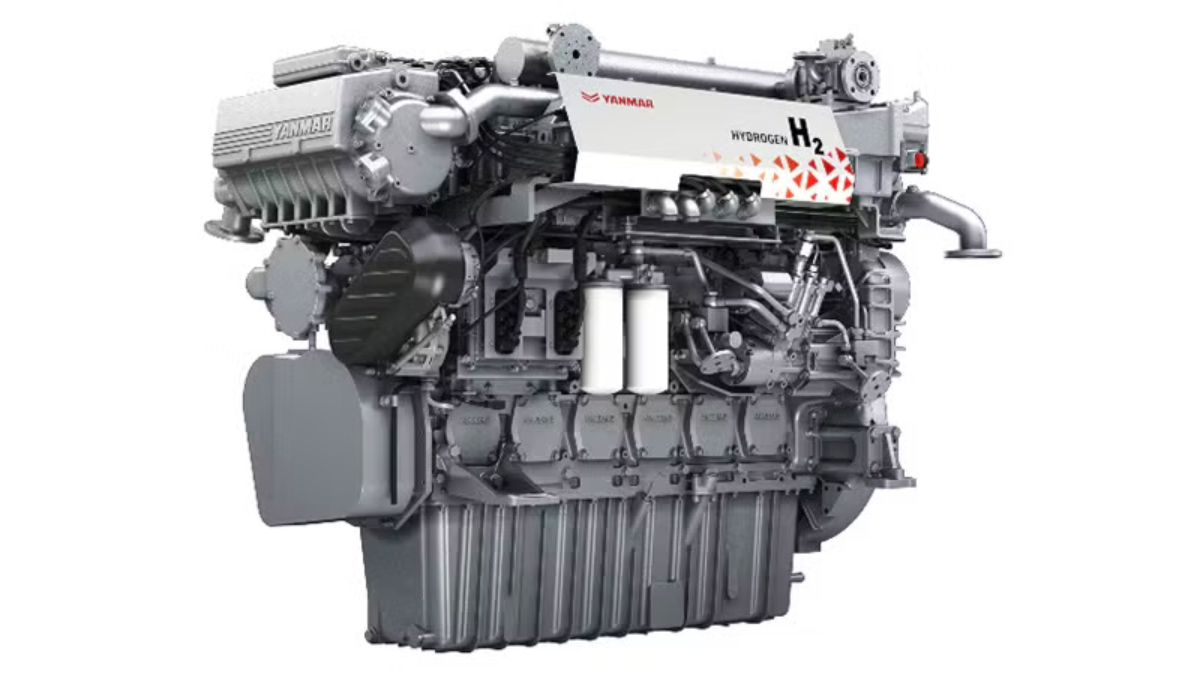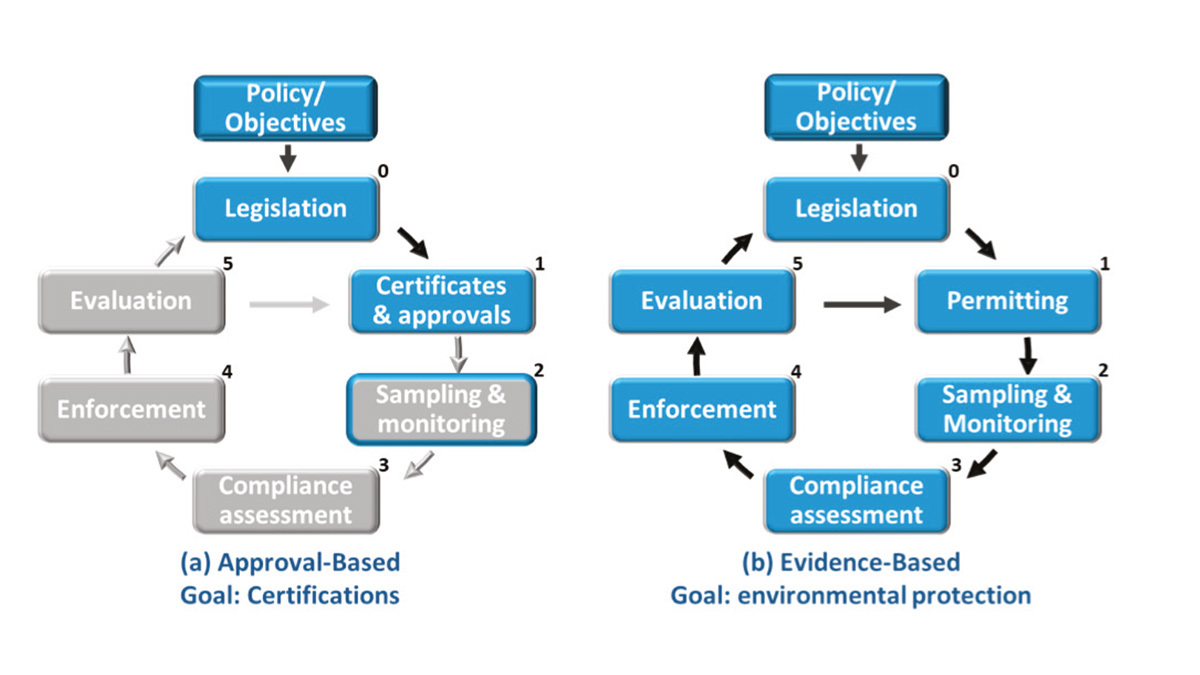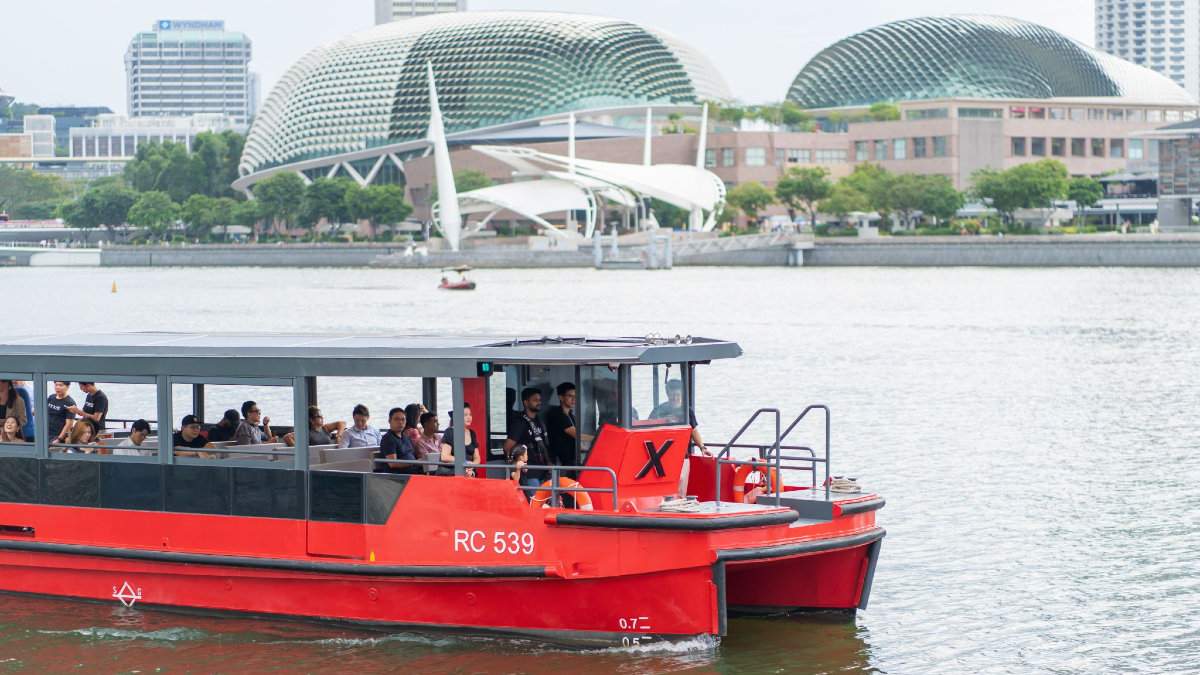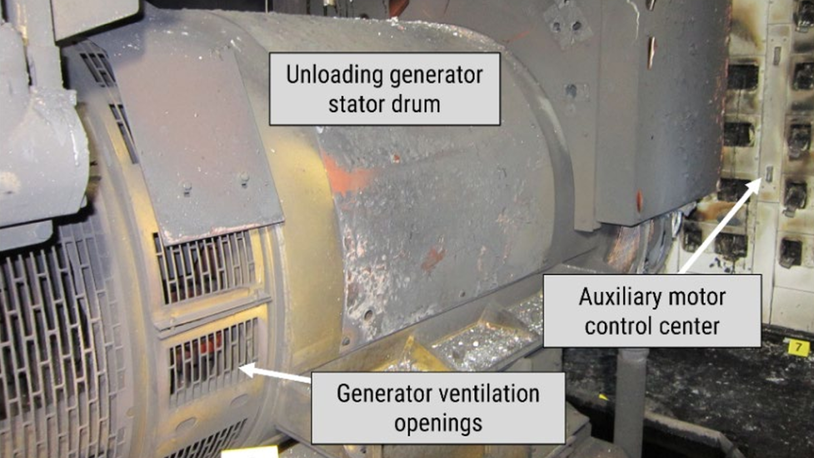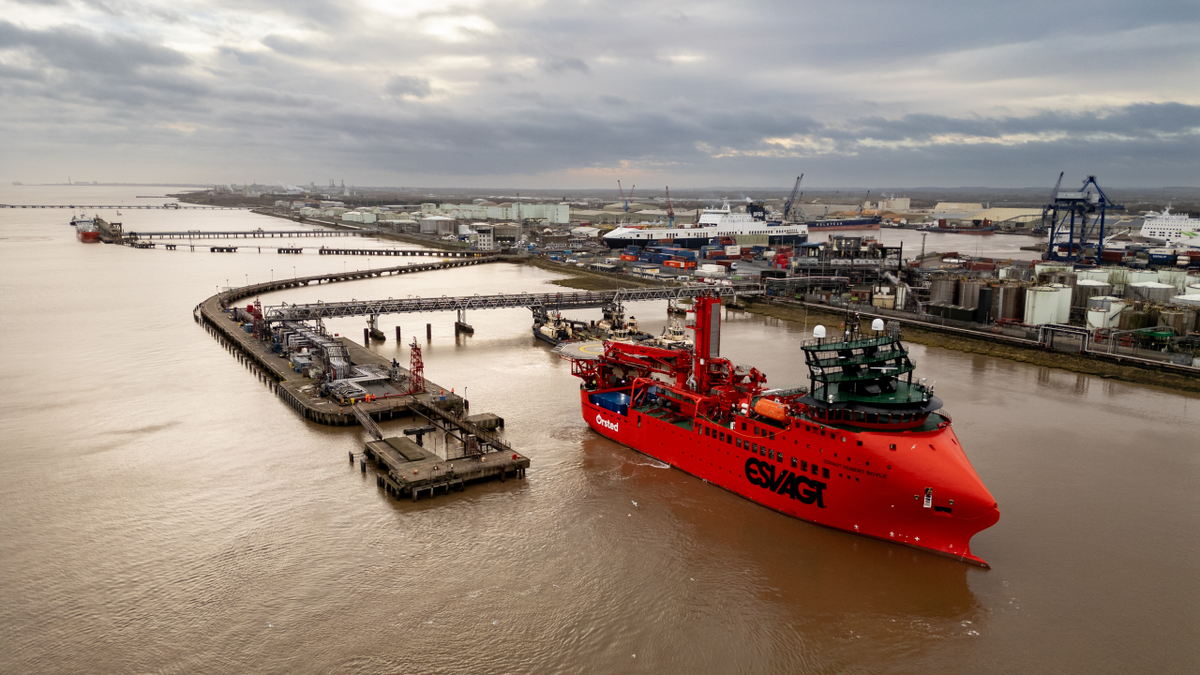Business Sectors
Events
Floating energy: successfully unlocking stranded gas using FLNGs and FSRUs
Contents
Register to read more articles.
Four-stroke ammonia genset to ditch pilot fuel
Danish state-backed ‘NH3 Spark – FutureFlex’ project aims to develop a pioneering, small-bore dual-fuel engine concept that operates on pure ammonia, dispensing with the need for pilot fuel
One of the challenges for dual-fuel marine engines is the requirement for pilot fuel, usually made up of a small amount of liquid fuel, typically diesel or biodiesel, that is injected into the combustion chamber to ignite the main gaseous fuel, initiating the combustion process. A new Danish government-backed initiative wants to do away with the need for pilot fuel, developing a dual-fuel, four-stroke genset capable of operating purely on ammonia. This would be a first for a commercial, industrial engine.
Backed by the state initiative, Energy Technology Development and Demonstration Programme, the NH3 Spark – FutureFlex project would initially involve testing ammonia in a single-cylinder MAN Energy Solutions (MAN ES) genset at the Technical University of Denmark (DTU). Joining DTU and MAN ES Holeby in the project consortium is Danish renewable energy provider, Skovgaard Energy.
DTU Construct’s engine laboratory will host the four-phase project starting in Q3 2025. The first phase covering ammonia testing on a single-cylinder MAN genset will be followed by fullscale testing under powerplant conditions at Skovgaard Energy’s green-ammonia production facility.
NH3 Spark project manager, Jarl Klüssmann, said the “like-minded industry partners” will deliver “practicable results that the market will be able to capitalise upon.”
MAN ES plans to develop a small-bore, dual-fuel engine concept “where simplicity, price and retrofit suitability are paramount, and which are particularly relevant for the more than 20,000 MAN genset engines currently in operation that were designed at the Holeby location”, said the engine designer. Additionally, the concept engine will be evaluated for use with other low- and zero-carbon fuels.
MAN ES senior R&D specialist, Warley Thomsen, said, “This project has the potential to create a new niche for the well-proven oil-fuelled engine where units can be quickly retrofitted or installed on board new ships or in power plants. It aims to provide an attractive retrofit solution for existing engines with fuel-flexibility as a priority. The concept will be capable of operating purely on ammonia but also on conventional biofuel oils to accommodate shipowners and the environment, regardless of which future fuels ultimately prevail.”
Outside the project partners, other Danish maritime stakeholders have declared their support for the project. Maersk Mc-Kinney Møller Center for Zero Carbon Shipping, ferry operator DFDS and tanker owner Hafnia will contribute input, with a classification society expected to join the project at a later stage.
Sign up for Riviera’s series of technical and operational webinars and conferences:
- Register to attend by visiting our events page.
- Watch recordings from all of our webinars in the webinar library.
Related to this Story
Events
Maritime Regulations Webinar Week
Floating energy: successfully unlocking stranded gas using FLNGs and FSRUs
© 2024 Riviera Maritime Media Ltd.


